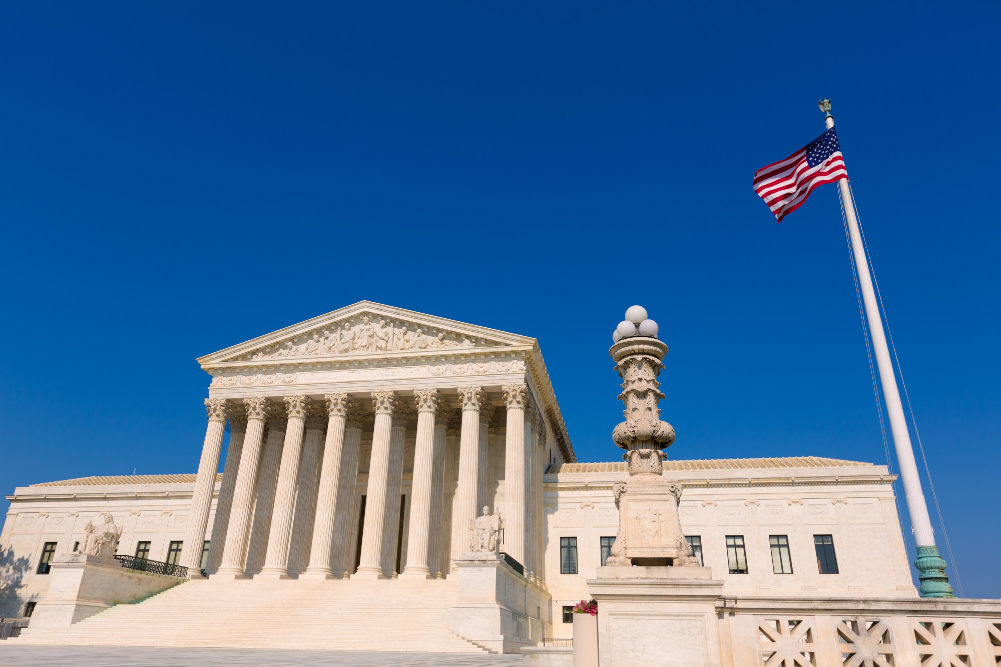Chief Justice Roberts continued in relevant part: Historical evidence likewise lends little support to Trump’s position. The Federalist Papers on which Trump relies concerned the checks available against a sitting President; they did not endorse or even consider whether the Impeachment Judgment Clause immunizes a former President from prosecution. Transforming the political process of impeachment into a necessary step in the enforcement of criminal law finds little support in the text of the Constitution or the structure of the Nation’s Government.
The Government takes a similarly broad view, contending that the President enjoys no immunity from criminal prosecution for any action. On its view, as-applied challenges during the trial suffice to protect Article II interests, and review of a district court’s decisions on such challenges should be deferred until after trial. But questions about whether the President may be held liable for particular actions, consistent with the separation of powers, must be addressed at the outset of a proceeding. Even if the President were ultimately not found liable for certain official actions, the possibility of an extended proceeding alone may render him “unduly cautious in the discharge of his official duties.” Fitzgerald, 457 U. S., at 752, n. 32. The Constitution does not tolerate such impediments to “the effective functioning of government.” Id., at 751. Pp. 34–37.
This case poses a question of lasting significance: When may a former President be prosecuted for official acts taken during his Presidency? In answering that question, unlike the political branches and the public at large, the Court cannot afford to fixate exclusively, or even primarily, on present exigencies. Enduring separation of powers principles guide our decision in this case. The President enjoys no immunity for his unofficial acts, and not everything the President does is official. The President is not above the law. But under our system of separated powers, the President may not be prosecuted for exercising his core constitutional powers, and he is entitled to at least presumptive immunity from prosecution for his official acts. That immunity applies equally to all occupants of the Oval Office.
Both sides of this case taking extreme positions is typical at the outset of a high-stakes case. It enables both sides to appear reasonable in later making concessions. In this atypical case, however, it tends to undermine the credibility of the attorneys for the Government and the former President.

